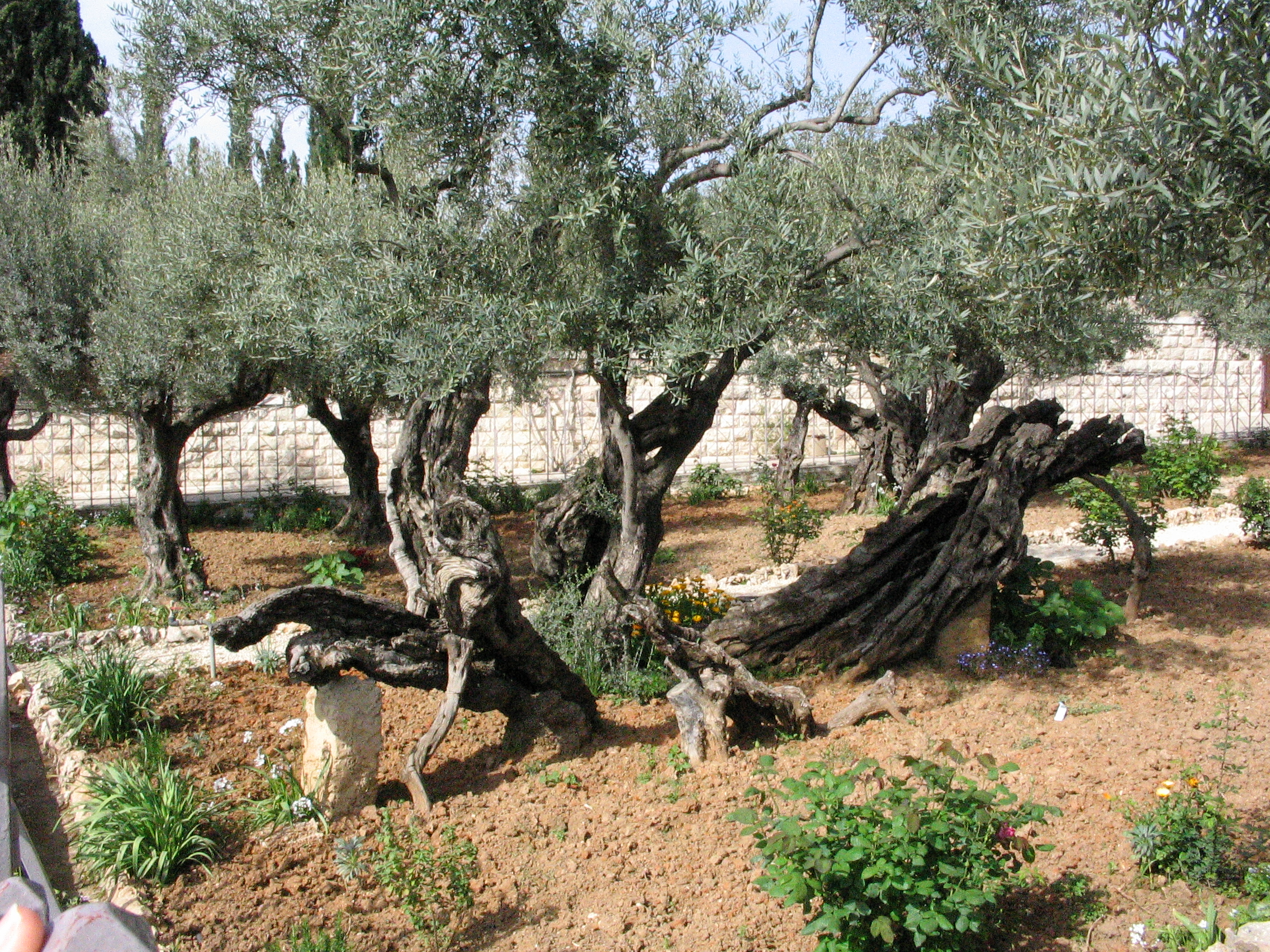The above image, courtesy of Gary Asperschlager, shows olive trees growing near the Church of All Nations on the Mount of Olives. Revised: 19-Apr-13How did a Jew in Jesus’ time announce that he was the Messiah? One accomplished this by applying to himself words or phrases from Scripture that were interpreted by members of his community to be references to the coming Messiah. Being interpretations rather than direct references, such messianic allusions are extremely subtle, and easily missed by modern readers of ancient Jewish literature. Claimants certainly did not reveal themselves by simply declaring, “I am the Messiah,”Even today a Jew who believes he is the Messiah never says, “I am the Messiah,” but rather, a messianic pretender refers to himself using words or phrases from scripture texts that have been interpreted messianically.
“Prophets and Kings”: The Evangelist Luke’s Curious Doublet

Revised: 02-Jul-2013
Luke’s use of “kings” (Luke 10:24) opposite Matthew’s parallel “righteous persons” (Matt. 13:17) creates a conundrum. Assuming that a Hebrew text lies underneath the Greek text of Luke 10:24 may allow us to arrive at a satisfactory solution to the problem.
In a beautiful statement that probably referred to the Kingdom of Heaven, Jesus proclaimed to his disciples, according to Luke, that “many prophets and kings” desired to see and hear what they (his disciples) are seeing and hearing. Matthew preserves the same saying, but in Matthew’s account the doublet is, “prophets and righteous persons.”The saying appears only twice in the Gospels (Matt. 13:16-17; Luke 10:23-24).
Cataloging the Gospels’ Hebraisms: Part Three (Impersonal “They”)

In another place, Jesus says: “Lay up treasure in heaven,” also a teaching about giving to the poor (Matt. 6:20)….
An example I discussed in my “Jesus and the Enigmatic ‘Green Tree'” is: “Ιf in the green tree these things they do….” …
Other good examples of this idiom in the Gospels are: “Elijah has come already, and they did not know him but did to him whatever they wished” (Matt. 17:12; NKJV); “Blessed are you when they revile and persecute you, and say all kinds of evil against you” (Matt. 5:11; NKJV); “they light a lamp and put it under a basket” (Matt. 5:15; NKJV); “Are they gathering grapes from thorn bushes…?”
Jesus’ Yoke and Burden
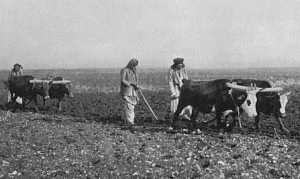
Although extraordinarily beautiful, Jesus’ saying recorded in Matthew 11:28-30 is enigmatic.
Cataloging the Gospels’ Hebraisms: Part Five (Parallelism)

See Bivin, “Jesus and the Enigmatic ‘Green Tree.'”… (Matt. 5:45; RSV)
makes sun rise | on the evil and good
sends rain | on the just and unjust
If I tell you, you will not believe,
and if I ask you, you will not answer.
The Sabbath Was Made for Man
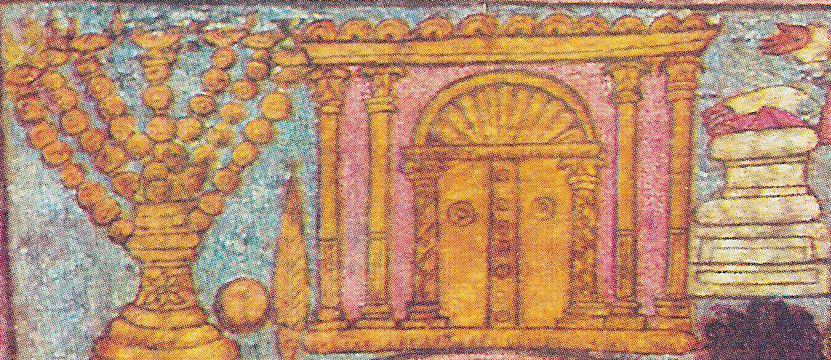
I hope at a later point to give more full attention to what may be considered Jesus’ three pillars (or principles) of spirituality that are outlined in Matthew 6:1-18. At this juncture it is sufficient to state what they are: acts of loving-kindness (Matt. 6:1-4), prayer (Matt. 6:5-6), and repentance/fasting (Matt. 6:16-18)…. Should we assume that Jesus’ ordering of his own spiritual pillars in Matthew 6 likewise indicates a prioritization? … Instead, the enigmatic title—son of man—on this occasion possesses the simple Hebraic sense, “human being,” and refers to his disciples as representatives of humanity.
If Your Eye Be Single

Couched within Jesus’ teaching is an idiom which is difficult to translate, “If your eye is single, your whole body is full of light” (Matt. 6:22). … Nevertheless, in Matthew 6, where you would expect to find the idiom, “good eye,” the adjective used in our saying is not καλός (kalos, good, pleasant) but ἁπλοῦς (haplous, single, simple)…. — wp:paragraph –>
The sense given to the enigmatic phrase by scholars to read “good eye” corresponds with the phrase in the following verse, “If your eye evil” (i.e., greedy). … In particular, attention should be given to the language of spiritual dualism (i.e., light-darkness; love-hate) present in Matthew 6:22-24 and the use of the Qumran term “mammon” for wealth. … Matt. 6:24 and Luke 16:13), which also appears in the Dead Sea Scrolls, to caution his disciples about divided loyalty.
“Showing Proper Humility” complex

If so, then the author of Luke simply regarded Jesus’ warning as an enigmatic saying for which he provided no interpretation…. — wp:paragraph –>
Robert Lindsey’s approach to the Synoptic Problem opens up new avenues for understanding Jesus’ enigmatic warning.
Private: Sensational New Articles at JerusalemPerspective.com!
The first, for example, “Jesus and the Enigmatic ‘Green Tree,'” is a study of Jesus’ saying, “For if they do these things in a green tree, what shall be done in the dry?”
The “How Much More” Rabbinic Principle of Interpretation in the Teaching of Jesus
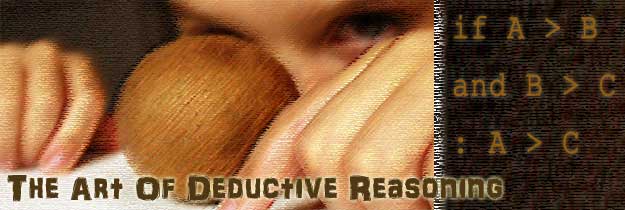
Matt. 7:11 (= Luke 11:13); Matt. 10:25; Luke 12:28 (= Matt. 6:30); and Luke 23:31…. (Matt. 6:28-30)
The Householder
A third example of Jesus’ use of simple-to-complex reasoning comes from Matthew 10:24-25, and is so Hebraic that in translating it from Greek to Hebrew, the syntax need not be altered except in the case of one word.
Jesus and the Essenes
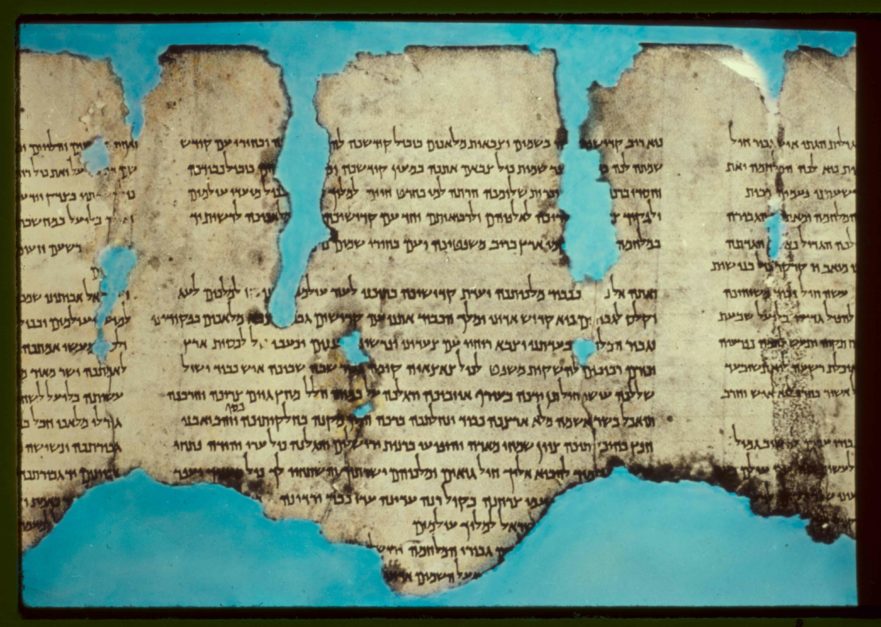
— wp:paragraph –>
Matthew 5:3 also is similarly mistranslated in such a way as to make Jesus seem a moralizing preacher of the Middle Ages. … Jesus’ other saying about mammon, “No man can serve two masters” (Matt. 6:24), merely means that it is forbidd
Hebrew Nuggets, Lesson 24: Messiah (Part 2)

Jesus also referred to himself using the messianic title “Green Tree” (Luke 23:31), a reference to Ezek. 20:47 (see David Bivin, “Jesus and the Enigmatic ‘Green Tree'”).
Salted with Fire

— wp:paragraph {“dropCap”:true} –>
Among the difficult sayings of Jesus, Mark 9:49 is one of the most enigmatic: Πᾶς γὰρ πυρὶ ἁλισθήσεται (pas gar pū⋅RI ha⋅lis⋅THĒ⋅se⋅tai, “Everyone will be salted with fire”).
Jesus’ Place in First-century Judaism and His Influence on Christian Doctrine

How to cite this article: David Flusser, “Jesus’ Place in First-century Judaism and His Influence on Christian Doctrine” Jerusalem Perspective (2014) .
What Is the Leaven of the Pharisees?
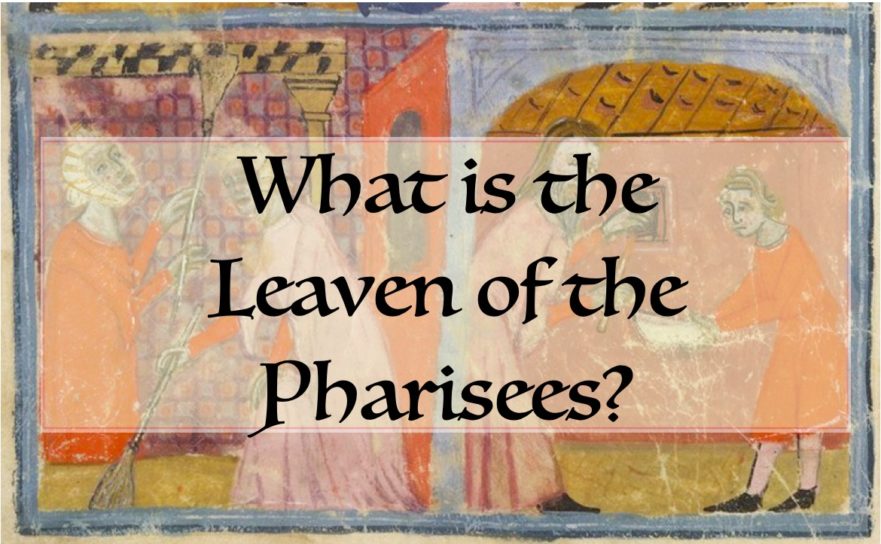
How to cite this article: JP Staff Writer, “What Is the Leaven of the Pharisees?” Jerusalem Perspective (2023) .
A Body, Vultures and the Son of Man (Luke 17:37)
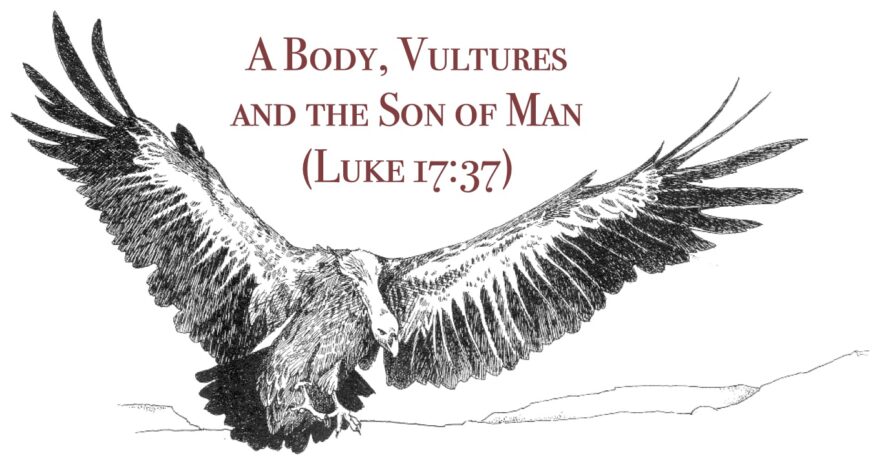
— wp:paragraph {“dropCap”:true} –>
Luke 17:37b, ὅπου τὸ σῶμα ἐκεῖ καὶ οἱ ἀετοὶ ἐπισυναχθήσονται (“wheresoever the body is, thither will the eagles be gathered together”; KJV),Matthew’s parallel is: ὅπου ἐὰν ᾖ τὸ πτῶμα ἐκεῖ συναχθήσονται οἱ ἀετοί (wherever there may be the corpse, there will be gathered the eagles; Matt 24:28)is certainly one of the most enigmatic of Jesus’ sayings.
The Teaching of Balaam
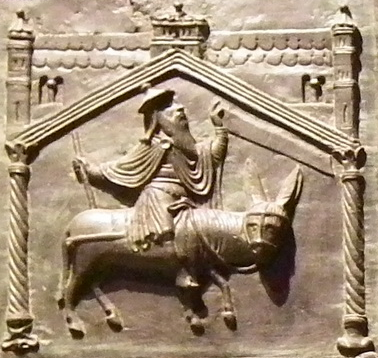
— wp:paragraph –>
For our limited study, I am particularly interested in the thrust of the author’s rebuke and the enigmatic reference to “the teaching of Balaam,” which seems to be derived from the author’s understanding of the Moabite prophet’s instruction to Balak.

